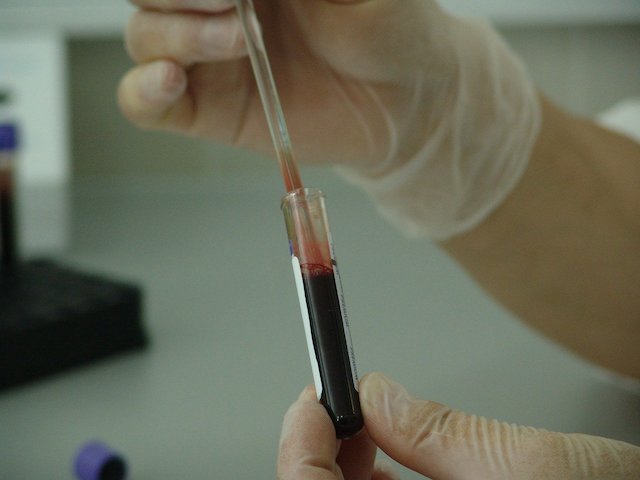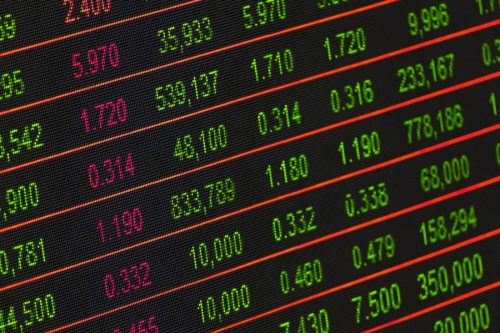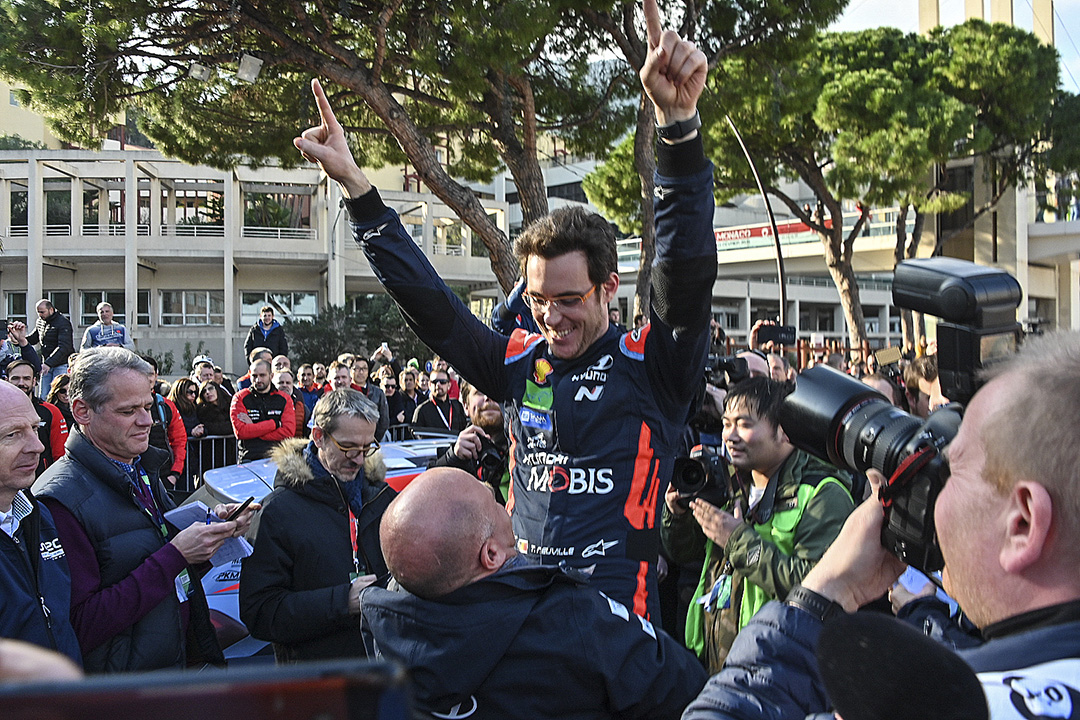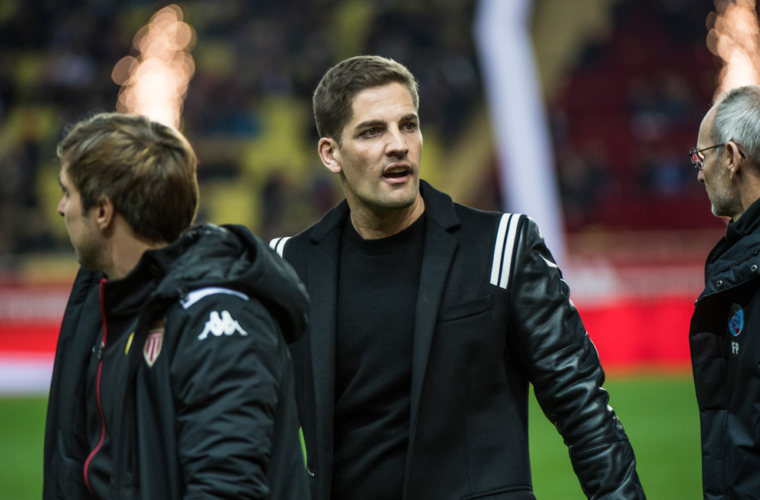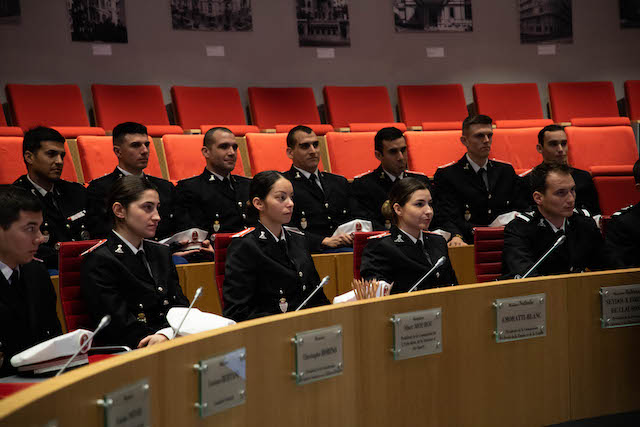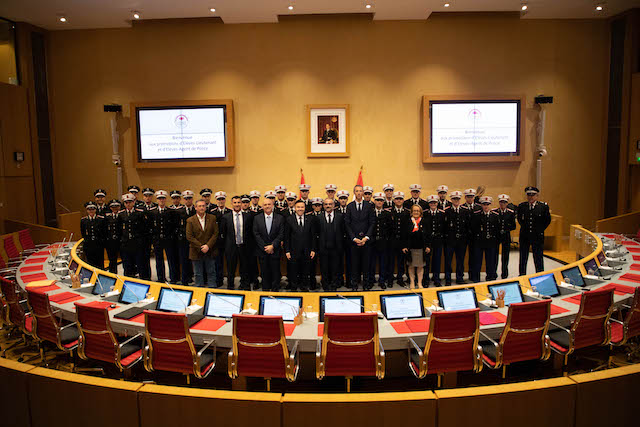French authorities have revealed that two of the patients are in Paris and the third is in Bordeaux. None had reportedly shown symptoms prior to arriving in France. The Italian government is investigating a suspected case of the virus in a woman who recently returned to Rome from China and is experiencing flu-like symptoms.
China said on Monday that the death toll from the deadly coronavirus outbreak jumped to 81 as the hard-hit province of Hubei announced 24 new fatalities and expanded measures to keep people at home during what is usually the country’s biggest holiday season.
The total number of confirmed cases nationwide rose sharply to 2,744.
The cases in France put a fine point on the limitations of screening passengers arriving from Chinese airports. Temperature scanners are being used at several European hubs, but France is not amongst them. The efficiency of this method is questionable however as many of those infected take several days to show outward signs of the illness.
According to the World Health Organisation (WHO), coronaviruses are a family of viruses that cause illness ranging from the common cold to more severe diseases such as Middle East Respiratory Syndrome (MERS) and Severe Acute Respiratory Syndrome (SARS).
A new coronavirus, identified by Chinese authorities on 7th January and currently named 2019-nCoV, has not been previously identified in humans.
According to the WHO, signs of infection include fever, cough, shortness of breath and breathing difficulties.
In more severe cases, it can lead to pneumonia, severe acute respiratory syndrome, kidney failure and even death.
